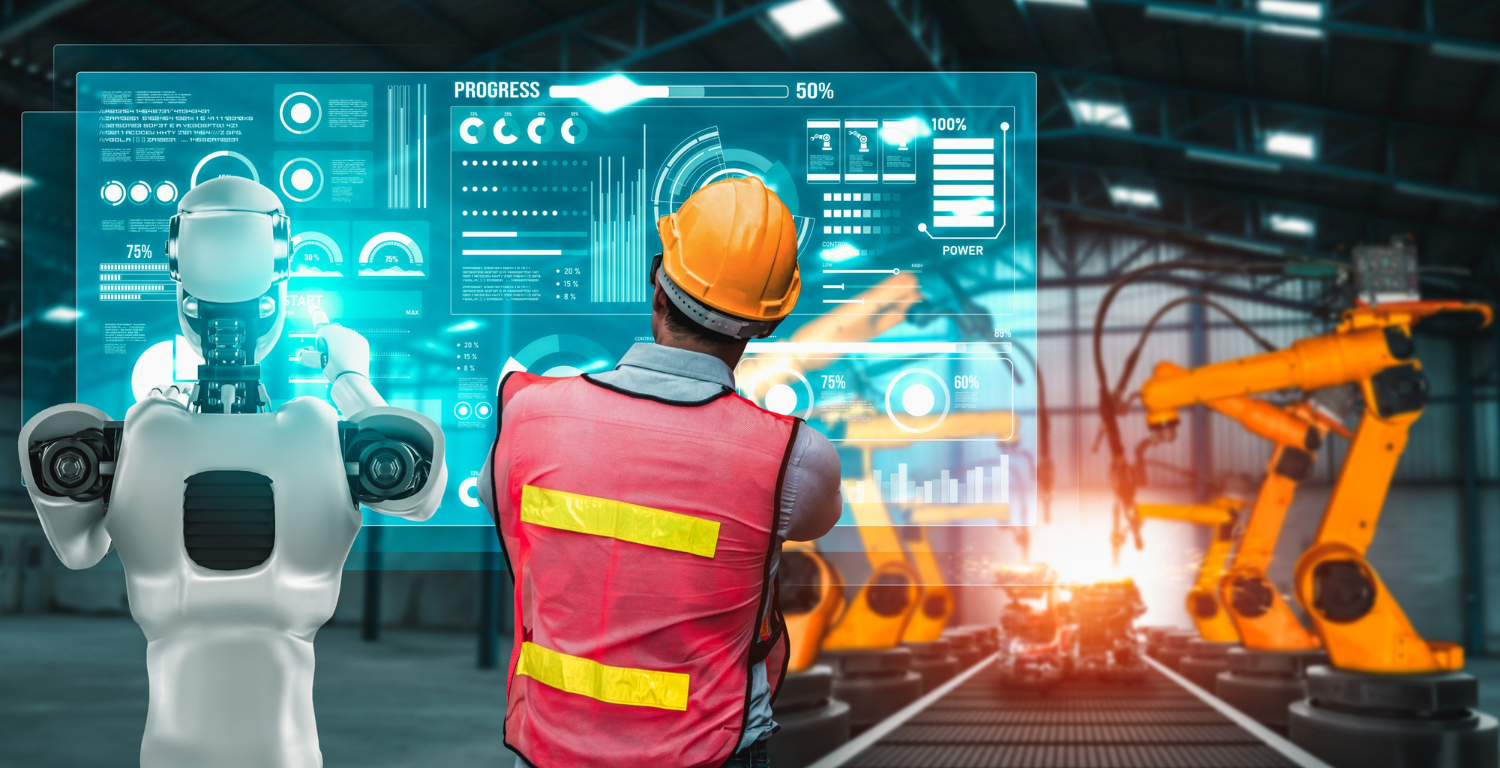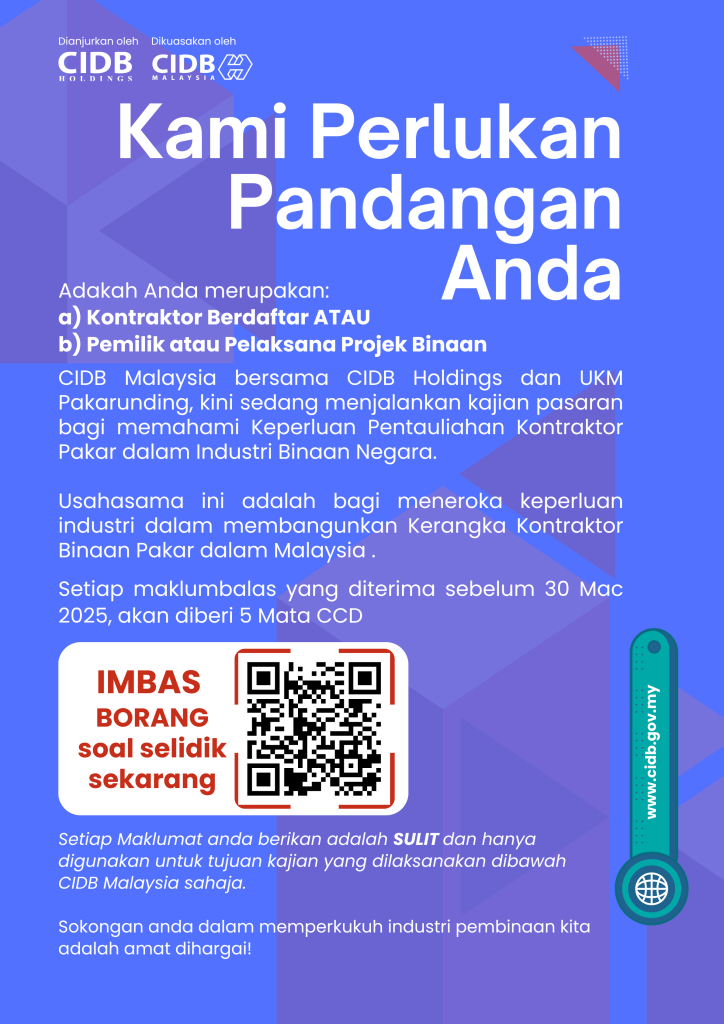
The construction industry is no stranger to labour shortages, a persistent challenge that hampers productivity and growth.
These shortages impede project timelines and hinder the industry’s ability to capitalise on investments in infrastructure and manufacturing, ultimately affecting profitability and overall sector expansion.
In response to this crisis, the construction industry is adopting a two-pronged approach. First, it’s implementing hiring and retention initiatives, including increased pay and comprehensive training and development programmes to groom staff for career advancement.
Secondly, the industry is also turning to technology as a force multiplier. Recent research by McKinsey suggests that AI could replace up to 30% of work hours in construction by 2030 in the United States alone.
AI-powered bots and software solutions are stepping in to automate labour-intensive, mission-critical tasks across procurement, finance, accounting, and reporting. By relieving human workers of repetitive duties, technology empowers them to handle more substantial workloads without additional hiring.
Gone are the days of entering invoice data or making countless calls to suppliers for price and availability checks. With automation taking the reins, employees can redirect their efforts toward more strategic and fulfilling tasks. This includes managing cash flow, negotiating vendor contracts, and strengthening supplier relationships – all pivotal for construction firms.
Automation enhances efficiency and eliminates the paperwork shuffle that often plagues construction transactions. AI-driven, cloud-based financial solutions digitise invoices and receipts, offering electronic payment options that drastically reduce time and labour compared to manual financial processes. Moreover, these solutions break down geographical barriers by allowing remote work, opening doors for recruitment without location constraints.















